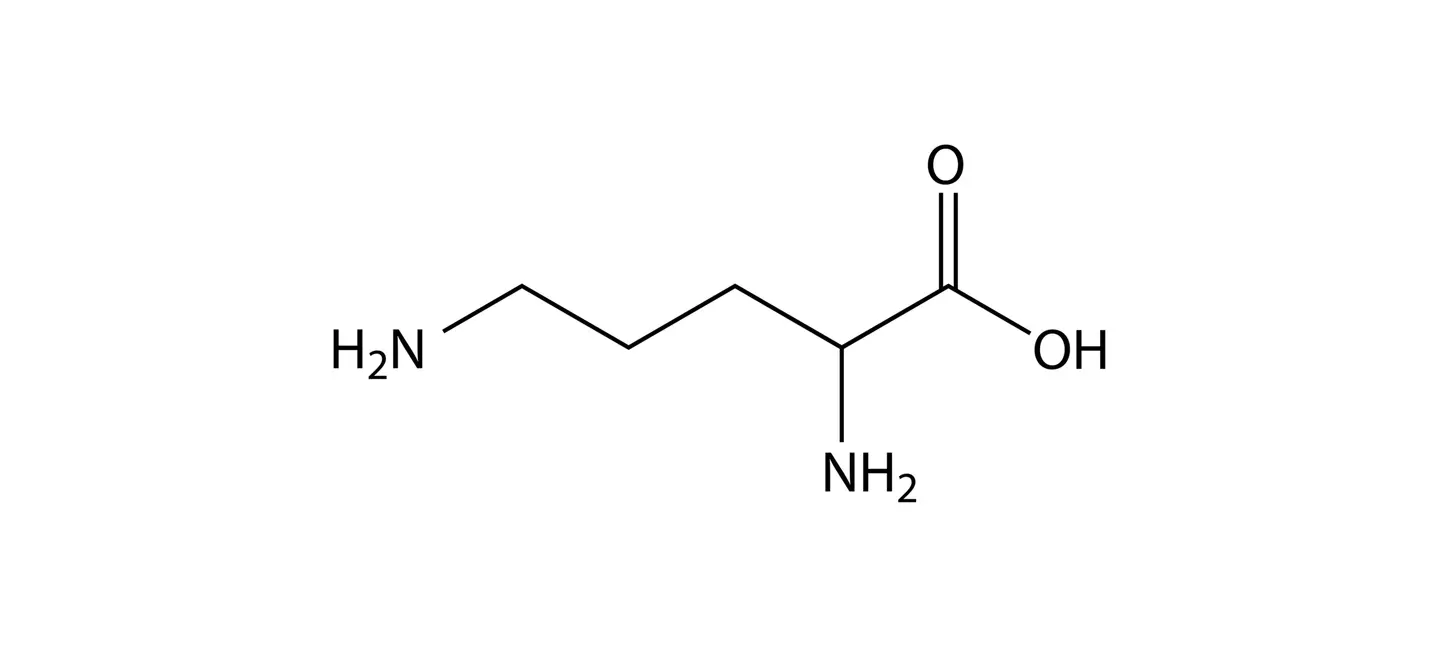
Ornithine is an amino acid that is made in the body. It's not used to create protein, but plays a role in other processes. It can also be made in a lab.
Ornithine might help to increase levels of another amino acid called arginine. It might also increase levels of hormones that increase muscle size.
People use ornithine for athletic performance, dry skin, insomnia, wound healing, and other purposes, but there is no good scientific evidence to support most of these uses.
Don't confuse ornithine with ornithine alpha-ketoglutarate (OKG) or L-Ornithine-L-Aspartate. These are not the same.
Is It Effective?
NatMed Pro rates effectiveness based on scientific evidence according to the following scale: Effective, Likely Effective, Possibly Effective, Possibly Ineffective, Likely Ineffective, Ineffective, and Insufficient Evidence to Rate.
- Athletic performance. Taking ornithine by mouth might reduce fatigue and improve some measures of athletic performance.
There is interest in using ornithine for a number of other purposes, but there isn't enough reliable information to say whether it might be helpful.
Is it Safe?
When taken by mouth: Ornithine is possibly safe when used at doses up to 500 mg daily for up to 8 weeks and up to 12 grams daily for 4 weeks. It might cause stomach or intestine symptoms.
Special Precautions & Warnings:
Pregnancy and breast-feeding: There isn't enough reliable information to know if ornithine is safe to use when pregnant or breast-feeding. Stay on the safe side and avoid use.
It is not known if Ornithine interacts with any medicines. Before taking Ornithine, talk with your healthcare professional if you take any medications.
There are no known interactions with herbs and supplements.
There are no known interactions with foods.
There isn't enough reliable information to know what an appropriate dose of ornithine might be. Keep in mind that natural products are not always necessarily safe and dosages can be important. Be sure to follow relevant directions on product labels and consult a healthcare professional before using.
Chlorhydrate d'Ornithine, L-Ornithine, L-Ornithine HCl, L-Ornithine Hydrochloride, L-5-aminorvaline, L-2,5-diaminovaleric acid, Ornithine HCl, Ornitina.
Information on this website is for informational use only and is not intended to replace professional medical advice, diagnosis, or treatment. While evidence-based, it is not guaranteed to be error-free and is not intended to meet any particular user’s needs or requirements or to cover all possible uses, safety concerns, interactions, outcomes, or adverse effects. Always check with your doctor or other medical professional before making healthcare decisions (including taking any medication) and do not delay or disregard seeking medical advice or treatment based on any information displayed on this website.
© TRC Healthcare 2024. All rights reserved. Use and/or distribution is permitted only pursuant to a valid license or other permission from TRC Healthcare.
